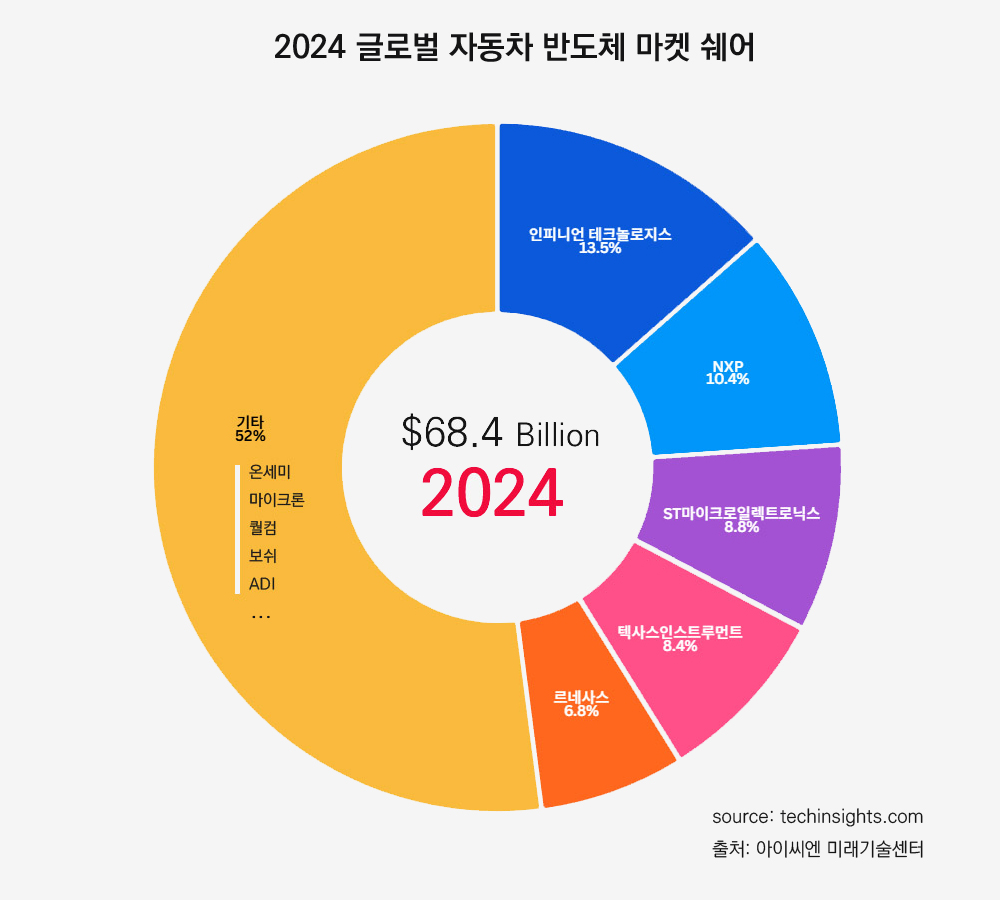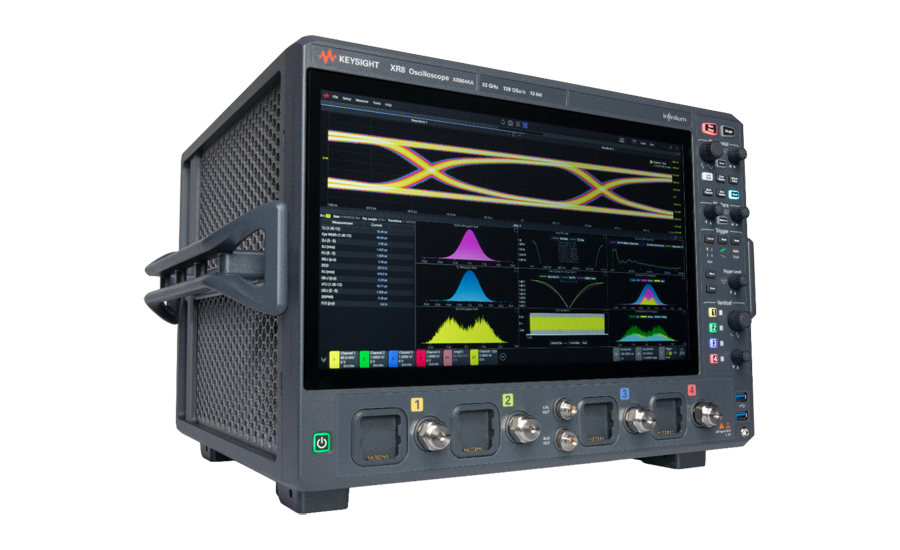
Utilities across the world are radically transforming their businesses. Technology is changing how energy is produced, transported, consumed, and conserved. Customers are not just raising their expectations; they are taking an active role in energy markets. New business models are emerging.
As maturity builds through experience and experimentation, utilities are developing a clearer vision of digital transformation (DX) as a journey that goes beyond mere digitization. It is not only about applying new technologies to old processes, but about using digital to evolve the business, adding new business models and revenue streams, as well as carving efficiencies out of the core operations, with data as the pillar of innovation.
The new IDC MarketScape: Worldwide Digital Transformation Service Providers for Utilities 2019 Vendor Assessment (IDC #EUR144397319, July 2019) evaluates leading service providers by performing a qualitative and quantitative assessment of their capabilities and strategies regarding their digital transformation offering to the utility sector across all value chain segments.
The report evaluates 17 vendors: Accenture, Atos, Capgemini, CGI, Cognizant, Deloitte, DXC Technology, EY, HCL, IBM, Minsait (an Indra company), Infosys, NTT DATA, PwC, Tata Consultancy Services, Tech Mahindra, and Wipro.
“The emergence of new business models, the need to optimize operations, as well as competition from new entrants, will keep utilities on their toes for years when it comes to digital transformation,” said Phevos Skalidis, research manager, IDC Energy Insights. “More than in any other business transformation, success in digital transformation hinges on selecting the right partner ecosystem, and business and technology service providers are quintessential to this ecosystem.”
Looking at the services vendor ecosystem, IDC Energy Insights finds that:
* Demand for DX guidance — from planning to execution — is growing among utilities, and DX services have become more mature across many services providers. Service providers have developed packaged offerings that consistently apply data-centric technologies and innovation accelerators to utilities’ customer experience (CX), operational excellence, and business transformation use cases.
* Vendor services around DX often combine with a wide variety of IP assets, ranging from digital technology platforms to software solutions, frameworks, methodologies, and domain blueprints to transform their customers’ business and IT operations.
* Over the past few years, many vendors considered in this IDC MarketScape have lined up a portfolio of technology-led, creative-led, business-strategy-led, and industry-led capabilities. Many, for instance, have integrated a digital agency and developed networks of innovation labs. Few, however, can roll these four types of capabilities into a consistent, industrialized offering.
* Digital agencies, in particular, are used to help utilities understand, influence, and service their end customers, both business to consumer (B2C) and business to business (B2B). They now regularly feature in the toolkit used by the service vendor community to support utility customer-facing functions, from marketing and communications to sales, customer service, and product/service management.
* DX is one of the areas in which service pricing has evolved the most. Some vendors have introduced sophisticated performance-based pricing, with output- and outcome-based models in lieu of classic time-and-materials and fixed-price arrangements. Co-development and co-innovation arrangements are also increasingly commonplace.









![[산업분석] 메모리 단가 폭등의 수혜: ‘빅3’ 2026년 실적 전망 및 전략 비교 [산업분석] 메모리 단가 폭등의 수혜: ‘빅3’ 2026년 실적 전망 및 전략 비교](https://icnweb.kr/wp-content/uploads/2026/03/Gemini_Generated_Image_memory-Big3-profit-prospect-1024web.png)





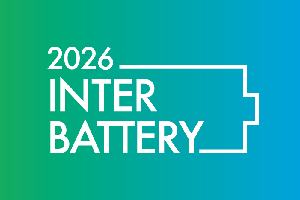
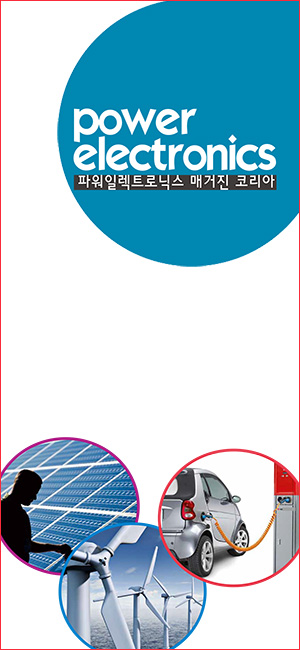

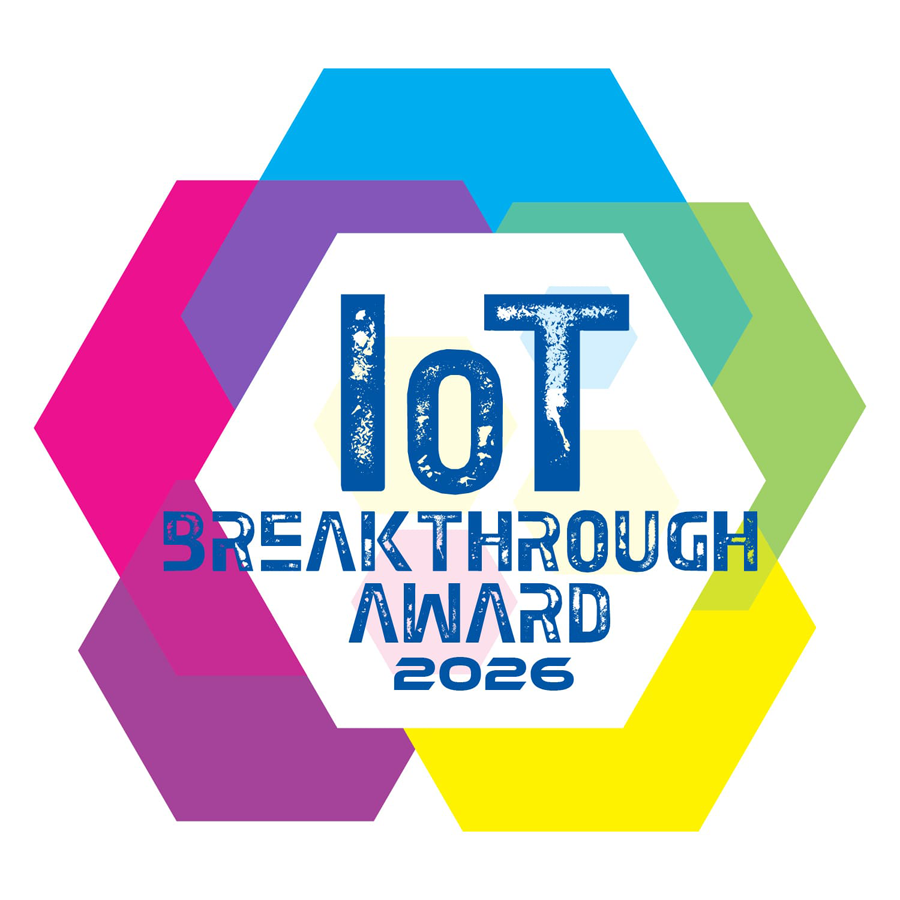
![[피플] “생성형 AI 넘어 ‘피지컬 AI’의 시대로… 2026 하노버메세, 제조 혁신의 해법 제시” [피플] “생성형 AI 넘어 ‘피지컬 AI’의 시대로… 2026 하노버메세, 제조 혁신의 해법 제시”](https://icnweb.kr/wp-content/uploads/2026/02/R41_0775-HM26-von-press-900web.png)
![[이슈] 스마트 제조의 방패 ‘IEC 62443’, 글로벌 산업 보안의 표준으로 우뚝 [이슈] 스마트 제조의 방패 ‘IEC 62443’, 글로벌 산업 보안의 표준으로 우뚝](https://icnweb.kr/wp-content/uploads/2025/07/OT-security-at-automotive-by-Gemini-Veo-1024x582.png)
![[기자칼럼] 제어반의 다이어트, ‘워크로드 컨버전스’가 답이다… 엔지니어를 위한 실전 팁 7가지 [기자칼럼] 제어반의 다이어트, ‘워크로드 컨버전스’가 답이다… 엔지니어를 위한 실전 팁 7가지](https://icnweb.kr/wp-content/uploads/2026/01/generated-edge-AI-4-in-1-01-1024web.png)
![[심층기획] 클라우드를 넘어 ‘현장’으로… 인텔, 산업용 엣지 AI의 판을 흔들다 [심층기획] 클라우드를 넘어 ‘현장’으로… 인텔, 산업용 엣지 AI의 판을 흔들다](https://icnweb.kr/wp-content/uploads/2026/01/Perplexity-image-Edge-AI-industry1b-700web.png)



![[그래프] 국회의원 선거 결과 정당별 의석수 (19대-22대) 대한민국 국회의원 선거 결과(정당별 의석 수)](https://icnweb.kr/wp-content/uploads/2025/04/main-image-vote-flo-web-2-324x160.jpg)
